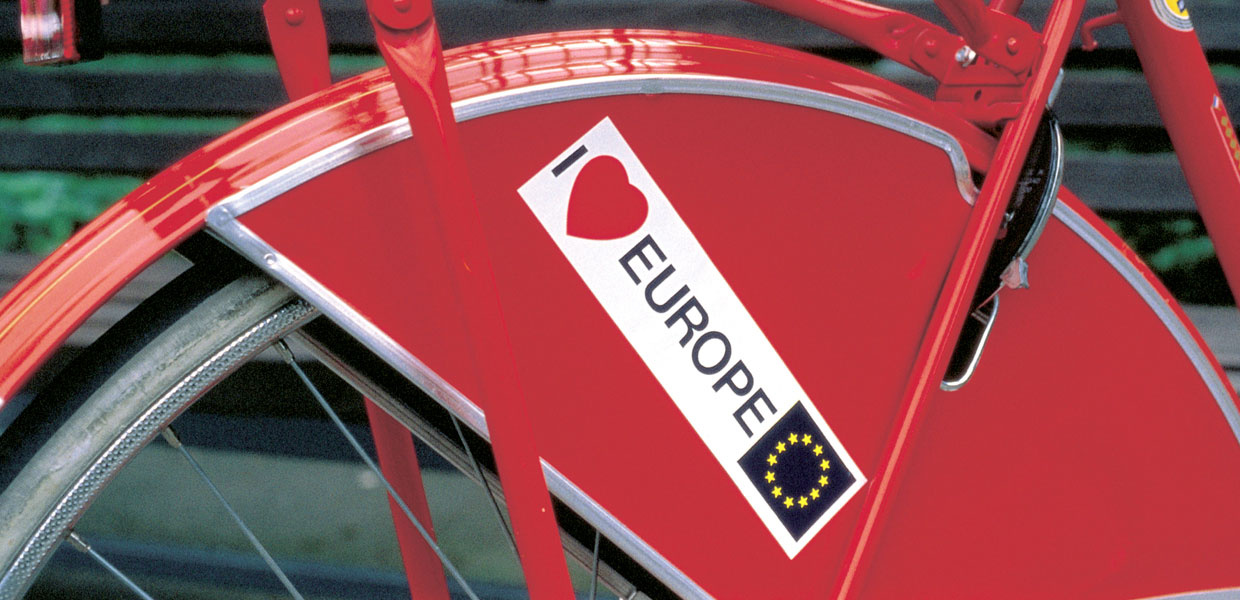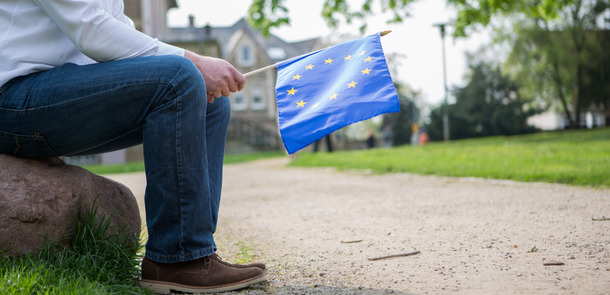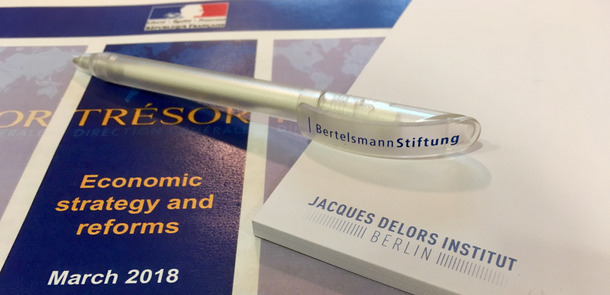The European Union has to do greater justice to its own standards and values. Therefore, it has to improve its capacity for action and levels of acceptance. Furthermore, the European Union needs an innovative, sustainable and inclusive economy, with more social justice. The relationships between the EU and its southern and eastern neighbours have to be based on increased partnership.
The Union […] shall work for the sustainable development of Europe based on balanced economic growth and price stability, a highly competitive social market economy, aiming at full employment and social progress […] It shall combat social exclusion and discrimination, and shall promote social justice and protection […] It shall promote economic, social and territorial cohesion, and solidarity among Member States.
level of protection and improvement of the quality of the environment
Since 2007, all EU member states have signed the Lisbon Treaty. Yet the gap between ambitions and reality is wider than ever. Increasing differences in unemployment, debt, competitiveness, and also in regional divergence give ample proof. The European Union is on the verge of disuniting.
Reality in this Union must ultimately come up to its ambitions and values. This is the only way for Europe to responsibly comply with its role in global competition and vis-à-vis its neighbours to the east and south.
We want to contribute to promoting the establishment of an innovative, sustainable and inclusive economy, which develops itself in a resource-efficient manner and is fair for all generations, throughout the entire euro zone. From Morocco to Russia the EU has fourteen neighbours. The Union should not only live peacefully but also cooperate with them in working out a better future based on deeper knowledge about and open and respectful treatment of each other. Germany, whose relations with its neighbours has never before been so good as today, takes on a key role in this task. Likewise, the future quality of Germany’s neighbourhood relations decisively depends on whether European policy succeeds in establishing close and trustful cooperation with its neighbouring countries.
We offer policy-makers, business and media representatives, persons engaged in the cultural sector, and dedicated citizens forums for debate and reflection. Thus we want to help people in Germany and Europe to get to know more about the transformation processes in their neighbourhood in the east and south, understand those processes better, acquaint themselves with the new actors, discuss our knowledge with them and widen our horizon through these debates. Ultimately, we want to make proposals on how to shape relations with our neighbours in a more partnership-based approach.




